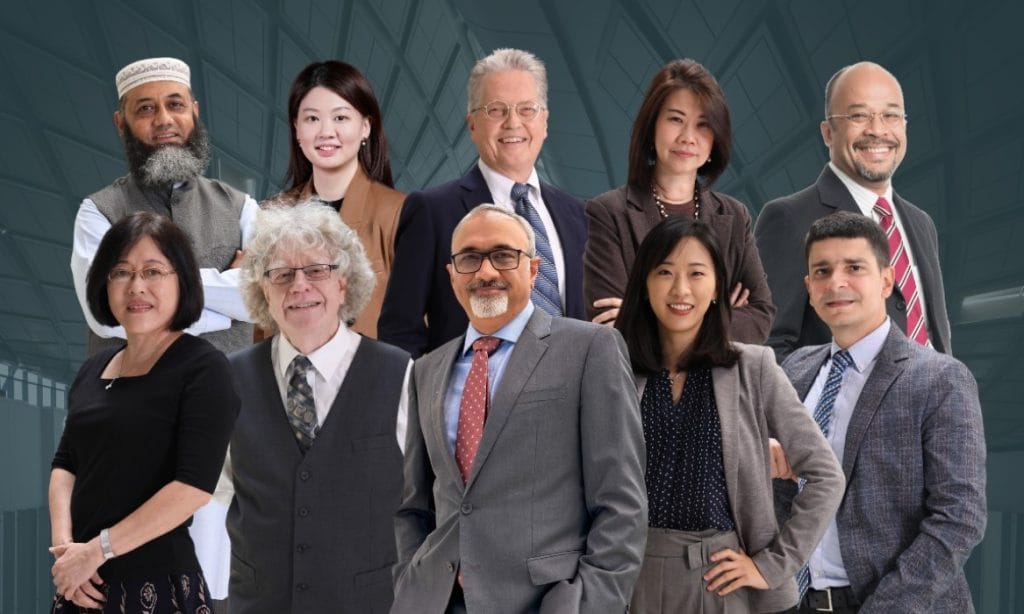THE president of the Asia School of Business (ASB) said that the Philippines must learn more and adapt faster to artificial intelligence (AI) before it is too late. In a media roundtable at the Fairmont Hotel in Makati on Sept. 8, 2023, ASB president and Chief Executive Officer Sanjay Sarma said that AI is powerful and businesses and the academe must not take it for granted or treat it like a trend.
“For the first time, a very fundamental aspect of the uniqueness of human beings is being taken by machines. These are the implications and it’s only the beginning. Right now, we are at the stage of doing computer programming, and then eventually, we will have robots that will become more powerful and will have huge implications on jobs,” Sarma said. He added that AI will start affecting services jobs including those in call centers and business process management (BPM) companies.
This, as AI can perform some of the jobs in the BPM industry through programs like ChatGPT. “The Philippines has a lot of service sector jobs, yes, and offshore, especially call center jobs and outsourcing, a lot of that is going to be automated and the jobs will not vanish. But two things will happen. The jobs will change a lot, and the number of people doing them will go down a lot as well, so [there will be] huge implications on the job market for companies,” Sarma said.
He added that among the next jobs that will be affected by AI are in the restaurant and gas station industries. “Imagine for example if ATMs took off in one swoop. The tellers would not have had time to train to sell mortgages or other financial products. In fact, what happened with the average teller is that their education level went up, but you can’t do that overnight,” Sarma said. This means that technology can also help people do more with less.
Hence, Sarma said the country must become a leader in call center and outsourcing operations that also uses AI. However, he admitted that AI will also result in the loss of a number of jobs. “In the Philippines, AI is going to replace jobs and accept that. And the Philippines should become the country that leads the world in how to use AI in call centers. It will put some people out of work, but at least you define the rules of how it works,” Sarma said.
He added that workers, employees and students must be properly educated for AI as it is evolving at a very rapid pace, also pointing out that education on artificial intelligence and how to harness it is falling behind. “There are indeed risks and implications that come with using AI, so how do you mitigate them?
You have to take the bull by the horns and ride it, and not just wait for it to run you over and make your business go under,” he added. Sarma is also an authority in the Internet of Things, and education, as well as a professor of mechanical engineering at the Sloan School of Management, and the Massachusetts Institute of Technology.
This article was originally published on Manila Times.






